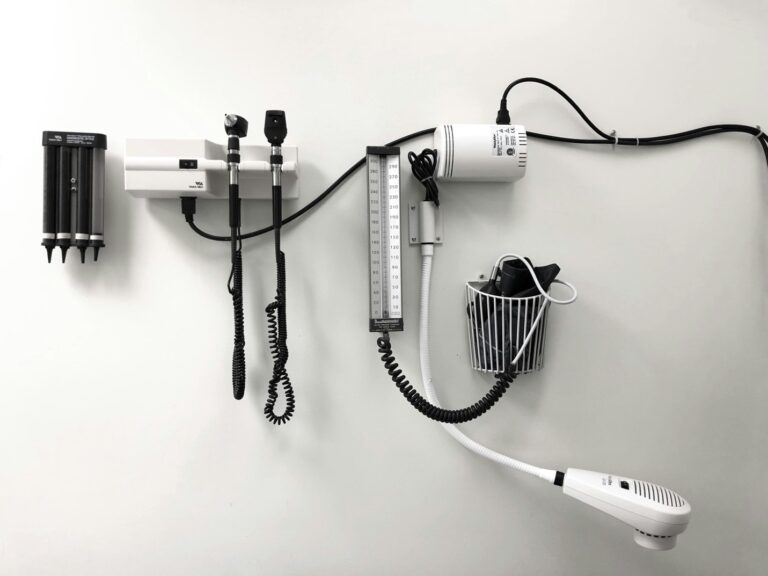Industrial productivity has been increased significantly by technological advances. A new phrase is entering the vocabulary, thanks to a German effort; Industry 4.0. China, as always, has its own answer to this initiative.

The invention of the steam engine introduced the first form of industry by powering factories in the 19th century, and with the use of electricity and assembly lines in the early 20th century, Industry 2.0 was born and mass production was launched. Industry 3.0 is about automated industry which developed thanks to the IT and electronic sectors, starting in the1970s. Industry has developed further but the progress in industrial technology was more incremental. Nowadays, a fourth industrial revolution is taking place. This form of manufacturing, called Industry 4.0, is about smart factories. In these factories, machines and devices use communication technologies and information to interact with each other with the help of digitalized protocols and processes. These intelligent and connected machines don’t only work, they take decisions and optimize processes intelligently and semi-autonomously. Huge benefits are expected due to increased flexibility, transparency and efficiency in the manufacturing process. In the world of Industry 4.0, the mass-production of customized goods at a cost-effective level is possible. Shoes, for example, won’t necessarily have to follow a strict formula to be produced in huge quantities.
To learn more about Smart Factories in China
Learning from the pioneer country: Cooperation with Germany on Industry 4.0 in China
Economists say that if manufacturers want to survive on the global market, they need to implement the concept of connected and intelligent production in the long term. Companies, as well as governments around the world, are working and investing in advanced digitization of their industries with the aim of being more efficient, productive and flexible. Germany is the pioneer country in the development of Industry 4.0. The government of Germany is investing €200 million in order to support research and development across universities, business, and governmental institutions. The future vision of Industry 4.0 is already used in some German companies, including SAP, Siemens, and Deutsche Telekom. The German government has strengthened its intention to cooperate with China in the development of industrial digital technology. For China, this cooperation and the notion of implementing industry 4.0 in China, in general, is said to be an outstanding opportunity. Nowadays China’s industry is effectively in the transition from Industry 2.0 to Industry 3.0. For example, industrial software and manufacturing execution systems are only used in 60 % of Chinese companies. Automation has become more and more prevalent in China’s industry, but digitalization is new to most of the companies in China. The difference between China’s industry and in the West is still big: In Germany, the ratio is roughly 20 workers to 1 industrial robot, whereas in China it’s roughly 10,000 workers. Although the Industry 4.0 sector is a bit of a futuristic topic for German industry, China has even more to invest and even further to go in order to make industry 4.0 in China a reality.
This is why the cooperation between the two governments has such a larger importance, as the Chinese government hopes to find a solution for its changing economy. Economic growth in China is slowing down compared to previous years, and wages of Chinese people are increasing. As a result, the economy is currently undergoing a development from a producing to a consuming country. This transition requires a new economic structure for the country. The government is planning to make China an industrial super power (工业强国) that can compete with the technology and quality of the western countries. The implementation of industry 4.0 in China could be the opportunity to do so. Chinese economists estimate a productivity level increase of up to 30% with the help of Industry 4.0 in China. Unforeseen production losses could decline by 60%.
Government is investing in Industry 4.0 in China
The Chinese government is currently not only undertaking investments in the development of industry 3.0 but also in the concept of Industry 4.0 in China. The government already launched a strategy for the digitization of China’s industry in 2007. The most important governmental body in this area in China is the Ministry for Industry and Information Technology (MIIT工业与信息化部) that is promoting the so called integration of industrialization and information, also known as the 3i’s strategy. While boosting the digitization for China’s way to Industry 3.0, this program also plans the introduction of Industry 4.0 in China. Other huge governmental investments support similar matters; for example the development of the internet of things, robots and cloud computing. Nevertheless, in some parts in the country the dream about Industry 4.0 in China has come a bit closer to reality: Sany (三一重工), China’s largest manufacturer of machinery, is using modern technology, with connected machines and data about the production process being recorded. This data is used for the optimization of the production process. However, the production at Sany is one of the rare examples of China’s modern industry. That might not be the case for long, though, as more and more companies begin to see the benefits.
Daxue Consulting Expertise
Daxue Consulting can provide you support in understanding the Industry 4.0 in China. We conduct all the market research and consulting services you may need, such as potential analysis, cost analysis, implementation feasibility etc. To know more about the Chinese industry, do not hesitate to contact our dedicated project managers by email at dx@daxueconsulting.com.
Follow us on Twitter to learn more about China:
How innovations in #China will change the world: From Artificial Intelligence to #mpayment https://t.co/Ne76zybkJF pic.twitter.com/ZlvQq7fz7q
— Daxue Consulting (@DaxueConsulting) August 18, 2017




